Erdal Lab. on Stem Cell and Organoid Technologies
OVERVIEW
Liver stem cells (LSCs) are precursors of hepatoblasts, which are presumed to be the transit-amplifying cells that first give rise to committed progenitors, and then to hepatocytes and cholangiocytes. Liver stem/progenitor cells appear and undergo a massive expansion in chronic liver damage and become cancer stem cells (CSC) to further initiate tumor formation. These cells are also known to be responsible for tumor relapse, metastasis, and chemoresistance in liver cancer. Therefore, understanding how they form, how they are sustained and how to defeat them is among the most intensive areas of cancer research today. Additionally, liver stem/ progenitor cells are candidates for ex-vivo liver cell replacement as an alternative method to orthologous liver transplantation in the treatment of end-stage liver pathologies. Recent advances allow us to obtain patient’s hepatocytes derived from inducible pluripotent stem cells (iPSCs) reprogrammed from his own fibroblast and use them for tissue replacement and gene therapy. The first step of hepatic development from iPSCs is the induction of definitive endoderm containing liver stem/progenitor cells by using chemicals. Further treatment with some growth factors can then direct cells towards the hepatic lineage. Even if the limitations of technology still remain (i.e., the potential for teratoma formation and low efficiency), iPS-derived hepatocytes are a very promising population for cell therapies in hepatology.
RESEARCH INTERESTS
Our research concentrates on two main themes: 1.Understanding which and how molecular signaling events regulate the expansion and activation of EpCAM+/ CD133+ subset of liver stem/progenitor cells in the development of Hepatocellular Carcinoma (HCC), 2. Developing a method to produce highly pure, functional and fully-differentiated hepatocytes from non-transgenic iPSCs to be potentially used for cell-based therapies.
1. Hepatic Stem Cells in HCC: Here, we have two main lines of research First; we investigate the importance of pluripotency genes on the stem cell phenotype in HCC. The tumoral stem cell reprogramming hypothesis, i.e., the ability of stemness factors to redirect normal and differentiated tumor cells toward a less-differentiated and stem-like state, adds new layers of complexity to cancer biology; because the effects of such reprogramming may remain dormant until engaged later in response to (epi) genetic and/or (micro) environmental events. To test this hypothesis, we utilized an in vitro model of Oct4, Sox-2, KLF4 and c-myc (OSKM) overexpressing cancer stem cell (CSC)-like cellular state in HuH7 cell line. After overexpressing OSKM genes in non-hepatic stem cell population (EpCAM-/CD133- cells) we analyze cell behaviors such as proliferation, migration, EMT and in vivo tumor formation.
Secondly, we aim to understand the role of Polycomb repressive complex 2 (PRC2) on the expansion and activation of the EpCAM+/CD133+ subset of liver stem/progenitor cells in HCC.PRC2 has a crucial role in epigenetic gene silencing and regulation of developmental pathways. EZH2 encodes histone methyltransferase enzyme as the catalytic component of PRC2, creating H2K27Me3 histone mark which results in transcriptional silencing. EZH2 is overexpressed in HCC and mostly associated with the progression and aggressiveness of HCC. Our goal is to identify transcriptomal changes regulating H3K27Me3 mark on the liver cancer stem cells.
2. Stem Cell Based Therapies for Liver Diseases: Differentiated hepatocytes produced from a patient’s inducible pluripotent stem cells (iPSCs) have many potential therapeutic applications, including their use in tissue replacement and gene therapy as well as disease modeling. In our lab, disease-specific iPSC colonies have been reprogrammed chemically from skin fibroblasts isolated from urea cycle disease (Citrullinemia) patients, then produce iPSC-derived hepatocytes by optimized differentiation protocols. Further, a functional copy of the mutant gene will be transferred into such hepatocytes demonstrating proof of principle of an ex vivo gene therapy approach. Lastly, the corrected hepatocytes will be functionally validated in an in-vivo cell transplantation model.
Group Members

Erdal Lab. on Stem Cell and Organoid Technologies
Research Group Leader
Esra ERDAL
esra.erdal@ibg.edu.tr
+90 232 299 41 00
(5031)
+9
0 232 299 41 53
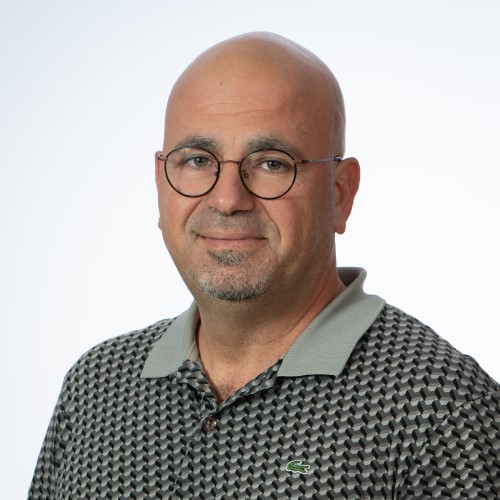
Hüsnü Alper BAĞRIYANIK
Research Group Member
alper.bagriyanik@ibg.edu.tr
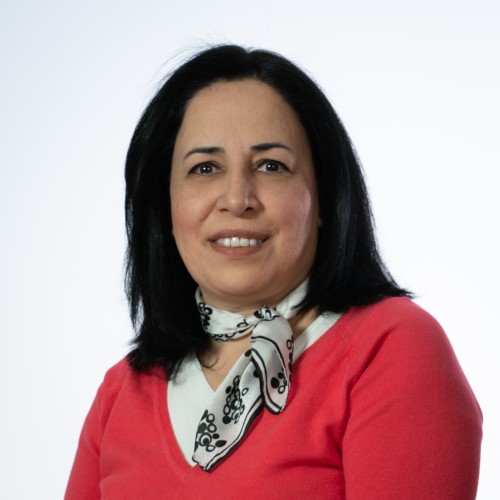
Nur ARSLAN
Research Group Member
nur.arslan@ibg.edu.tr
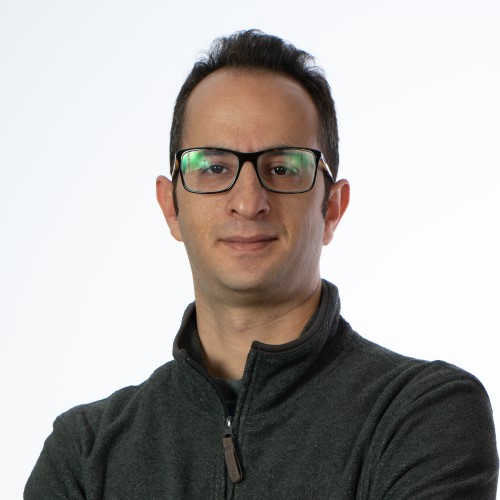
Soheil AKBARİ
Post-Doc Researcher
soheil.akbari@ibg.edu.tr
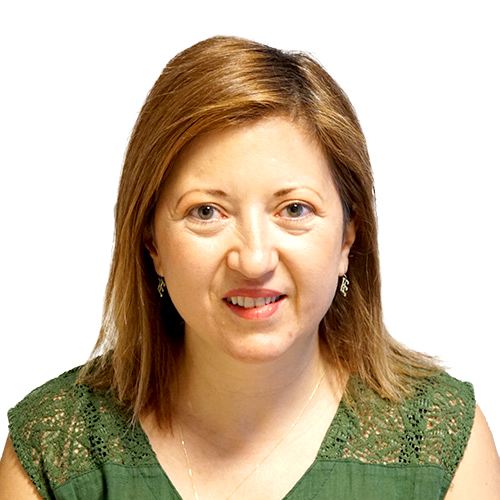
Zeynep ÖZBEK
PhD Student
zeynep.ozbek@ibg.edu.tr
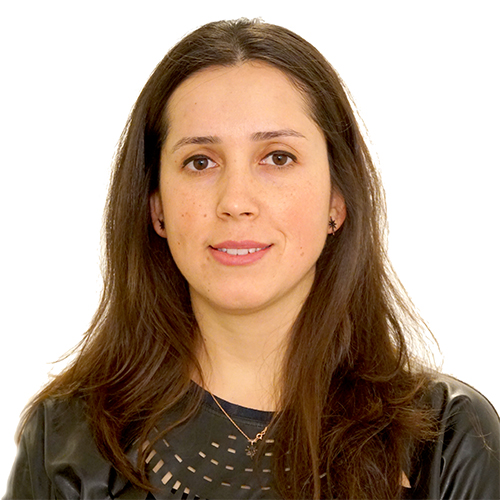
Pelin METİNER
Visiting Researcher
pelin.metiner@ibg.edu.tr
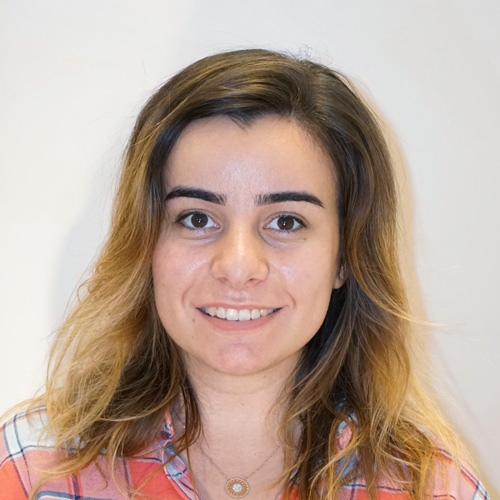
Ece SARIYAR
PhD Student
ece.sariyar@ibg.edu.tr
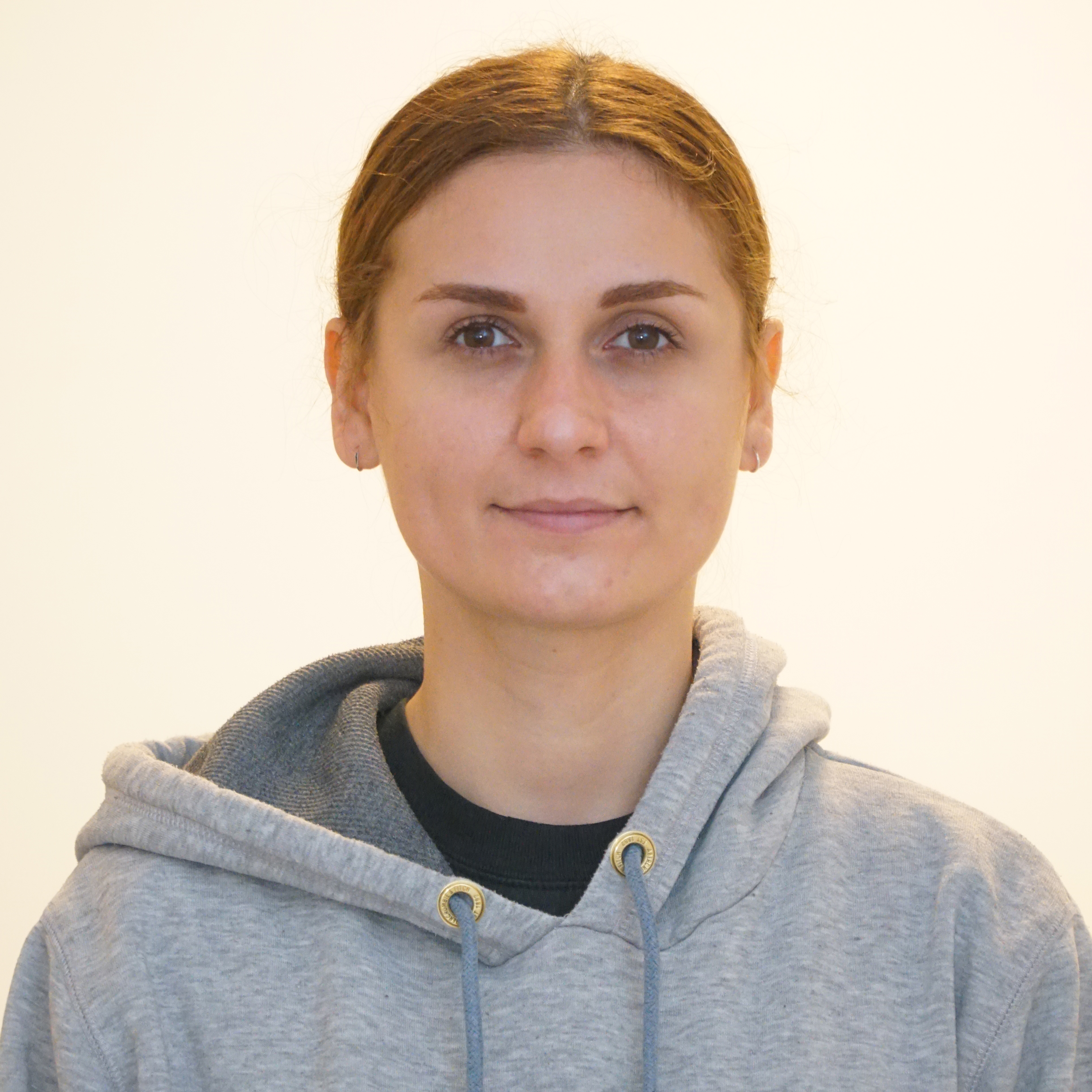
Cansu AKGÜL KAYA
PhD Student
cansu.kaya@ibg.edu.tr
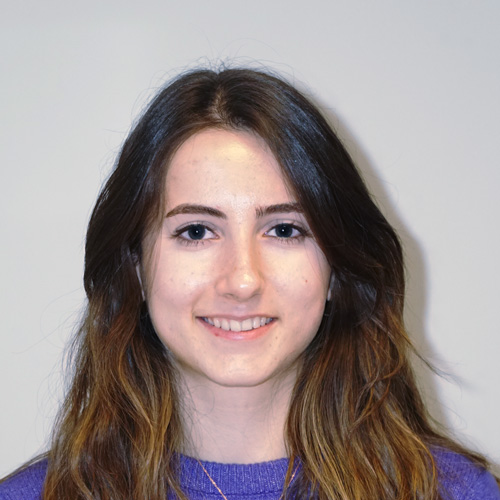
Emine Berna BIÇAK
Visiting Researcher
berna.bicak@ibg.edu.tr
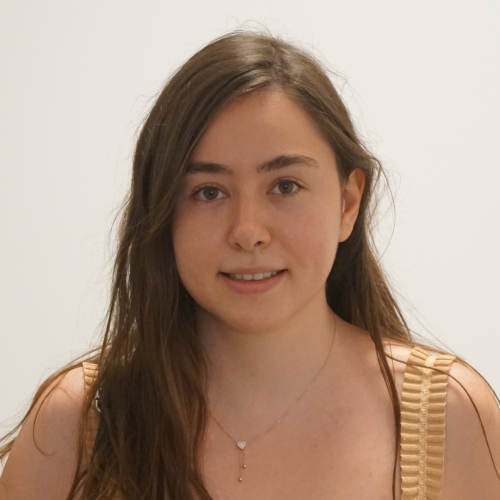
Merve UYSAL
Visiting Researcher
merve.uysal@ibg.edu.tr
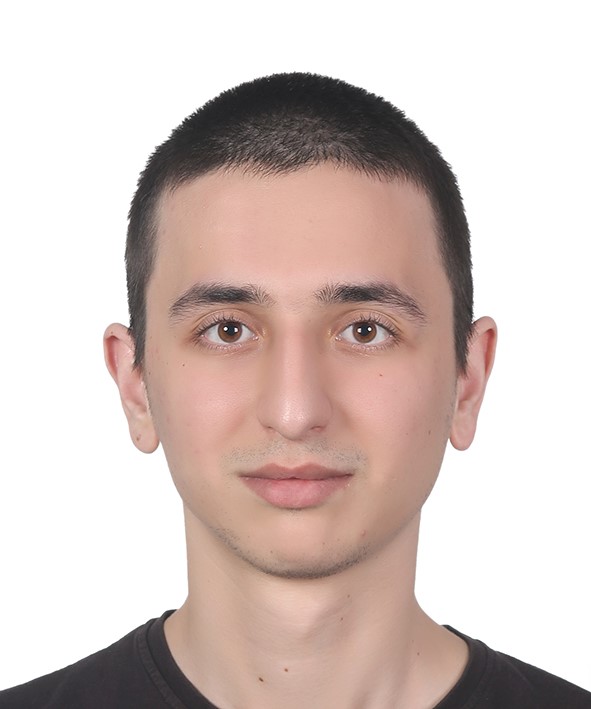
Özgür TUTCU
Undergraduate Student
ozgur.tutcu@ibg.edu.tr

Selin TURAN
PhD Student
selin.turan@std.ibg.edu.tr
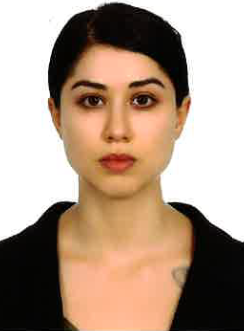
Öykü ÇOŞGUN
PhD Student
oyku.cosgun@std.ibg.edu.tr
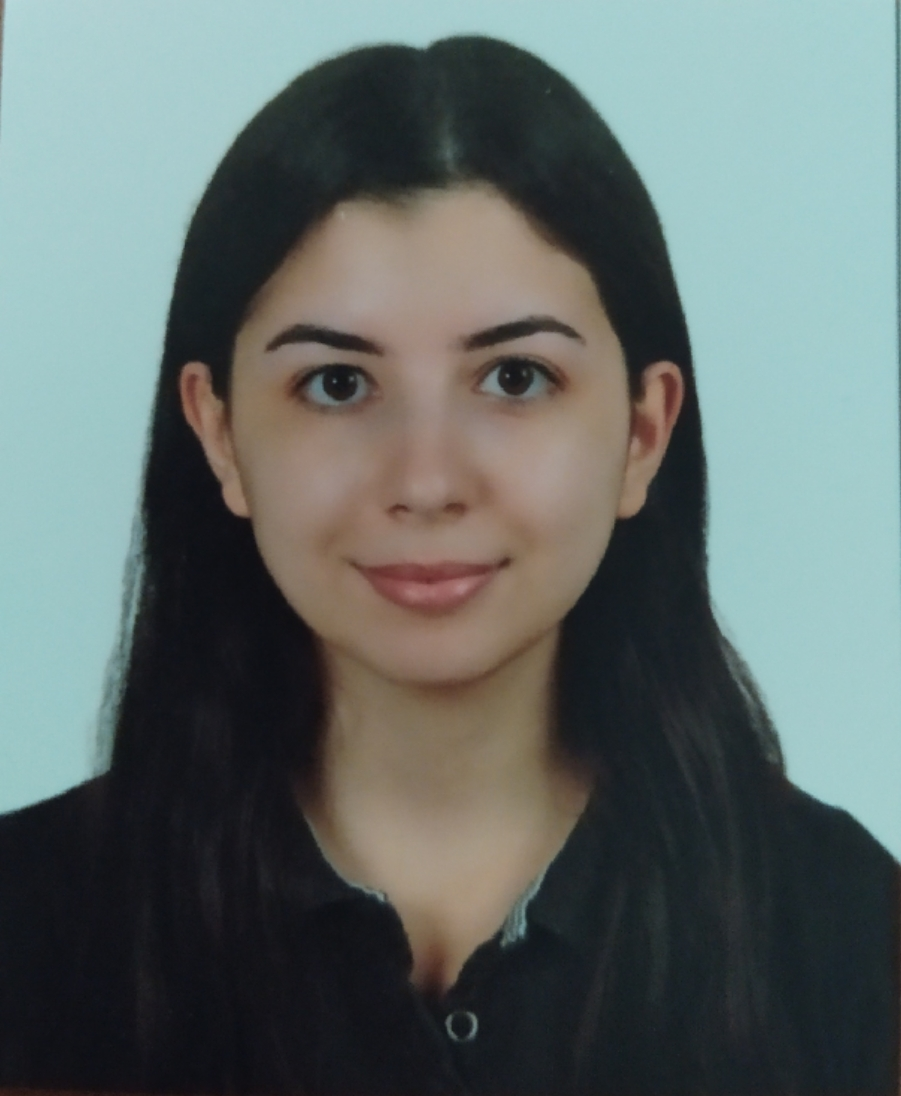
Ayris DOLDUR
MSc Student
ayris.doldur@std.ibg.edu.tr
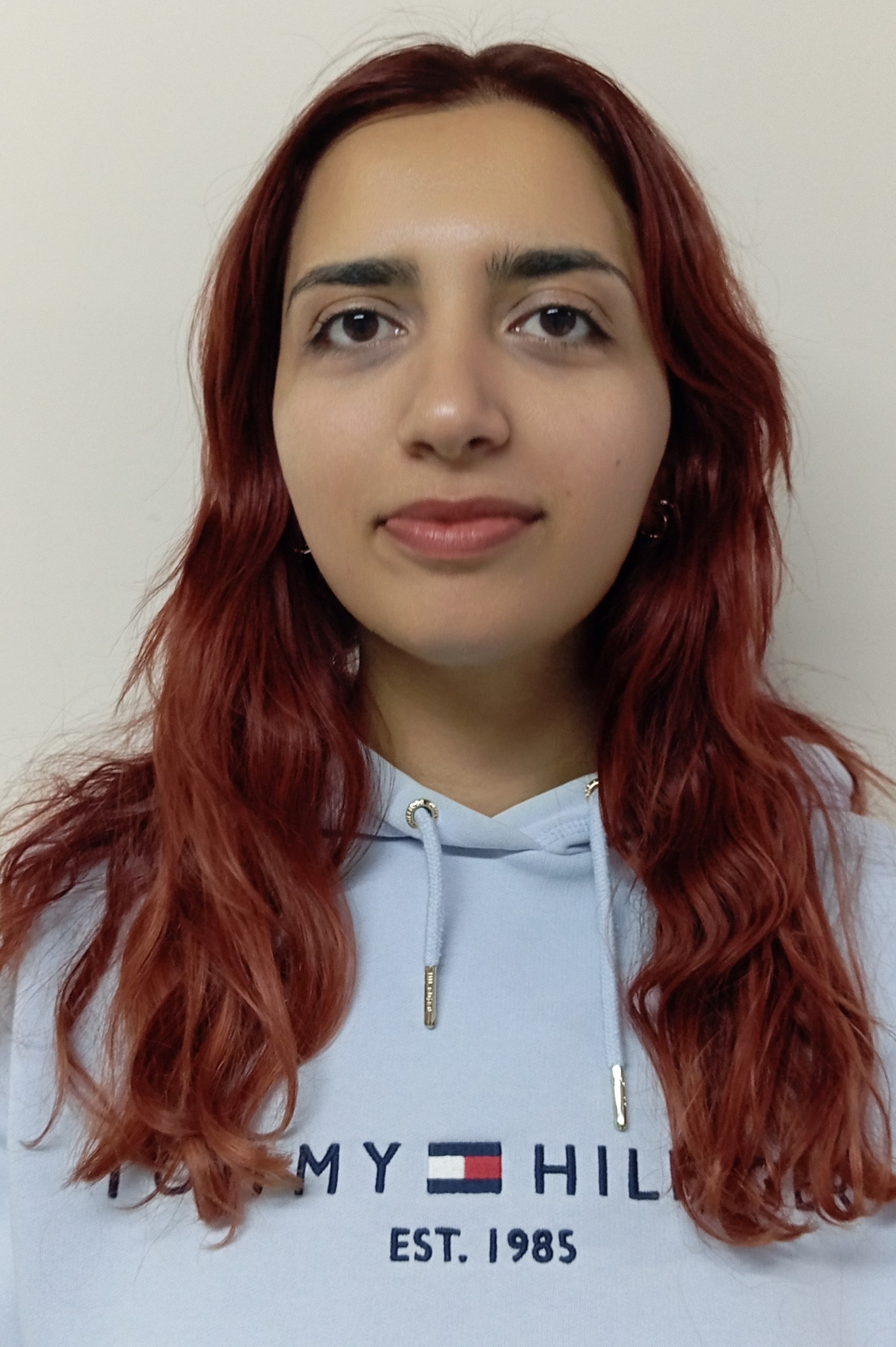
Hüsniye Nur YAŞAR
MSc Student
husniye.yasar@std.ibg.edu.tr
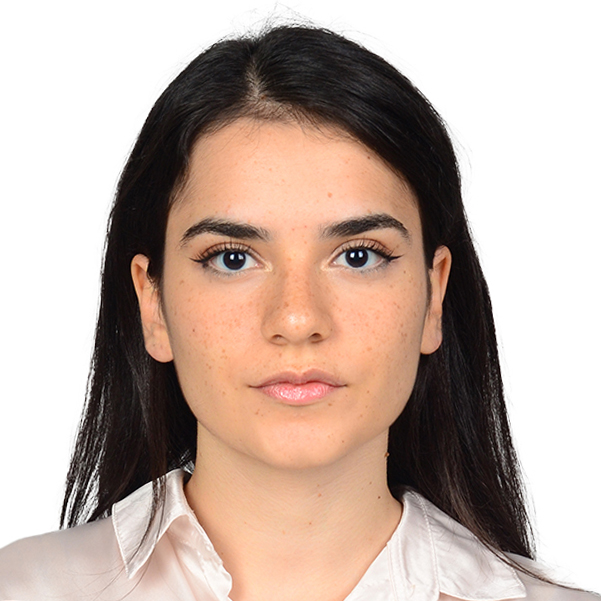
Sahra Asya KÖMÜR
Undergraduate Student
asya.komur@std.ibg.edu.tr

Hamza AKBULUT
Undergraduate Student
hamza.akbulut@std.ibg.edu.tr
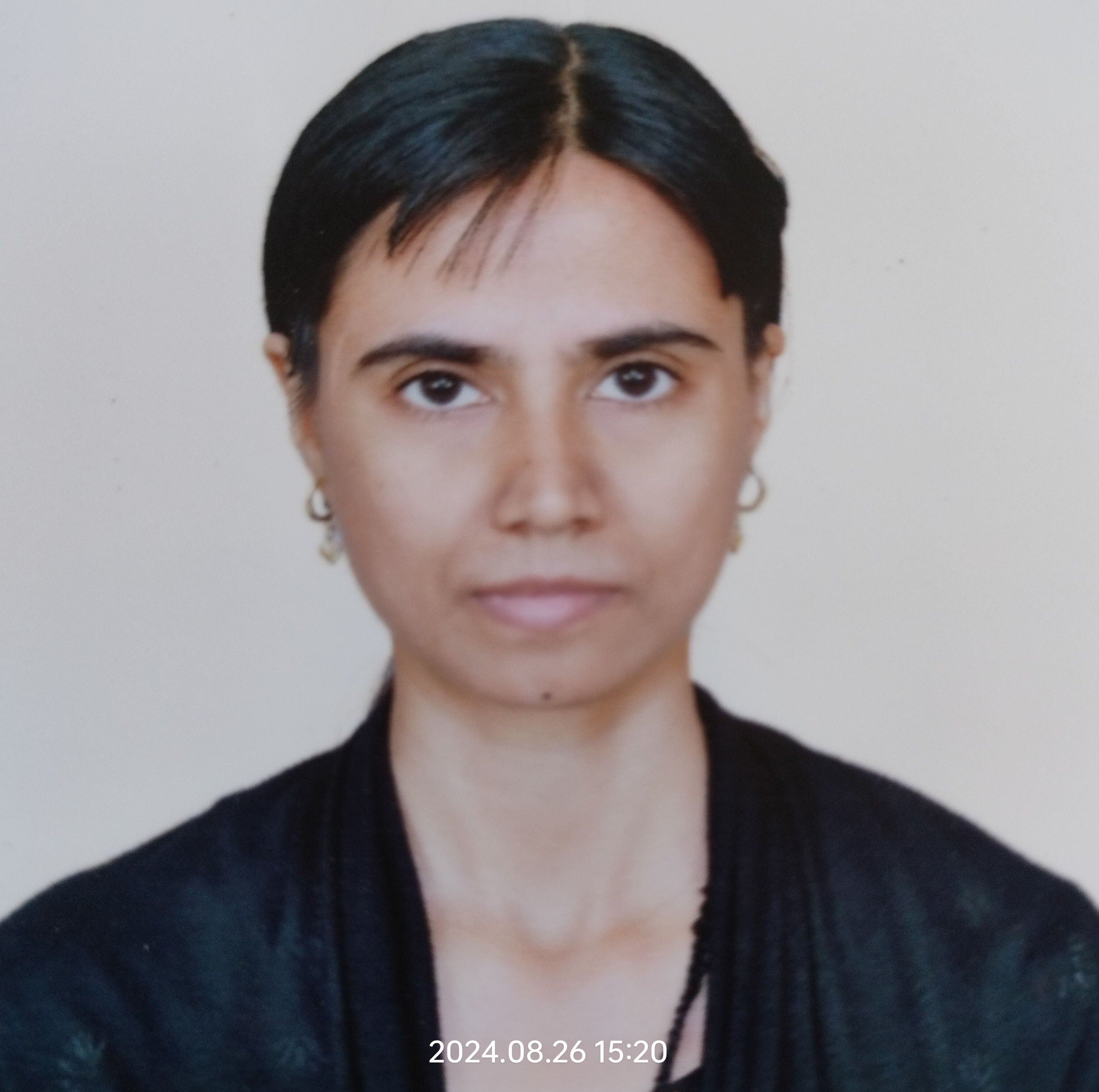
chithra SEENIVASAN
PhD Student
chithra.seenivasan@std.ibg.edu.tr
Former Members
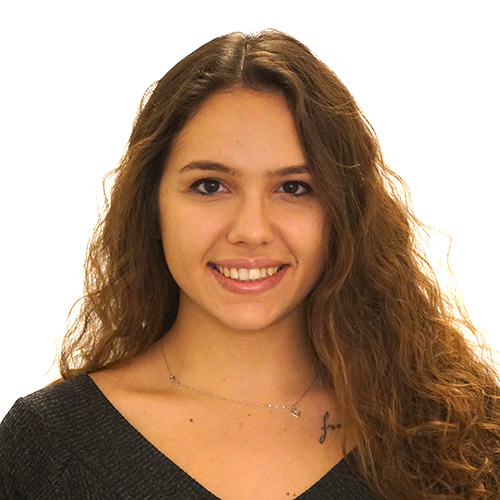
Alara TURGUT
MSc Student
alara.turgut@ibg.edu.tr
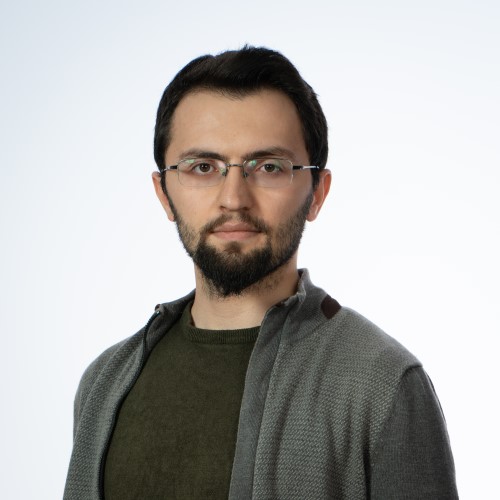
Mustafa KARABİÇİCİ
PhD Student
mustafa.karabicici@ibg.edu.tr
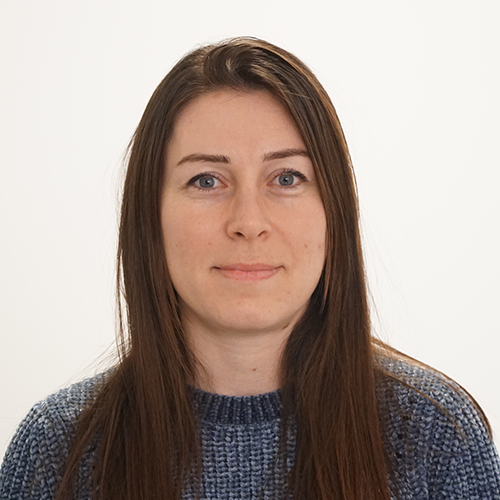
Ceyda ÇALIŞKAN
Post-Doc Researcher
ceyda.caliskan@msfr.ibg.edu.tr
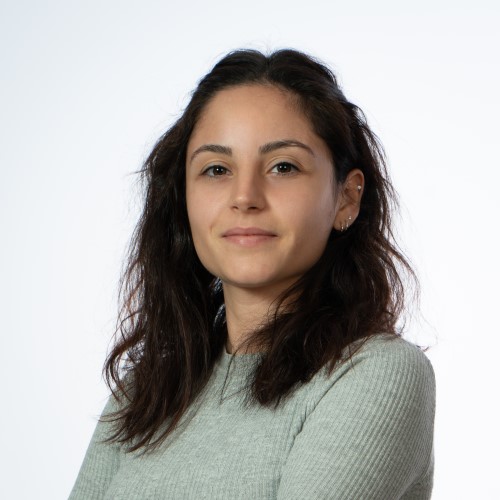
Canan ÇELİKER
MSc Student
canan.celiker@msfr.ibg.edu.tr
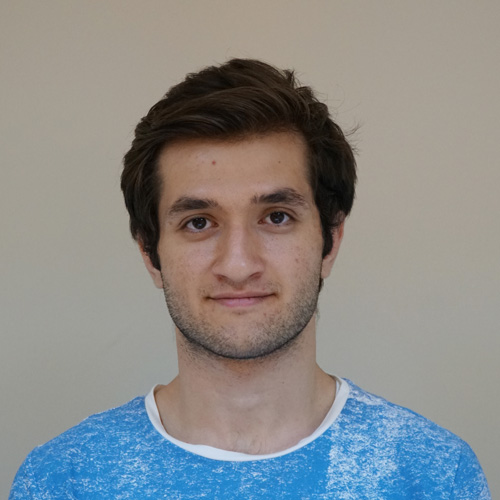
Sadık BALKOZAK
Undergraduate Student
sadik.balkozak@msfr.ibg.edu.tr
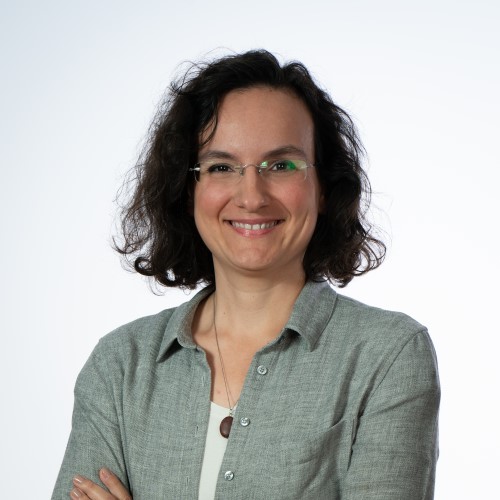
Bilge KARAÇİÇEK
Researcher
bilge.karacicek@ibg.edu.tr
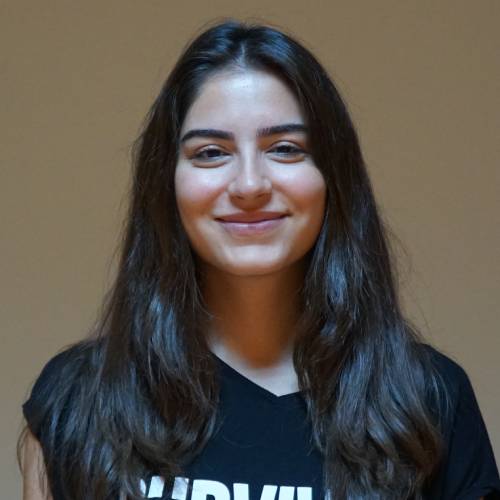
Melis KANIK
MSc Student
melis.kanik@ibg.edu.tr

Bilge KARAÇİÇEK
Post-Doc Researcher
bilge.karacicek@ibg.edu.tr

Emine Berna BIÇAK
MSc Student
berna.bicak@ibg.edu.tr

Nevin ERSOY
Visiting Researcher
nevin.ersoy@ibg.edu.tr
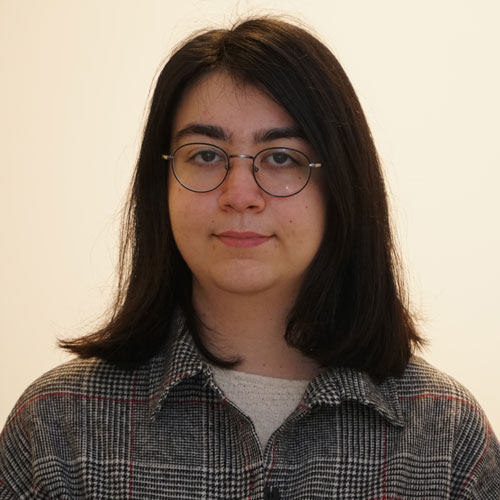
Zeynep ÖNDER
Undergraduate Student
zeynep.onder@msfr.ibg.edu.tr
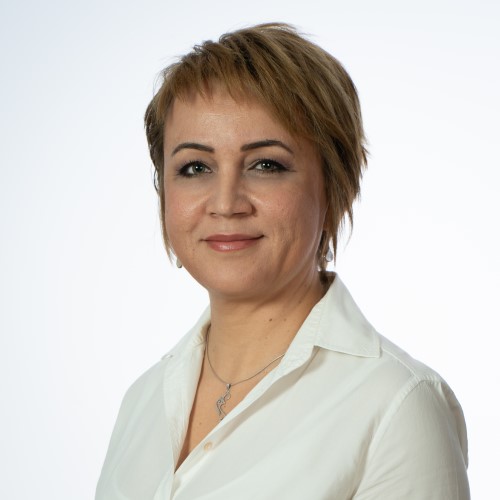
Özden ÖZ
PhD Student
ozden.oz@ibg.edu.tr
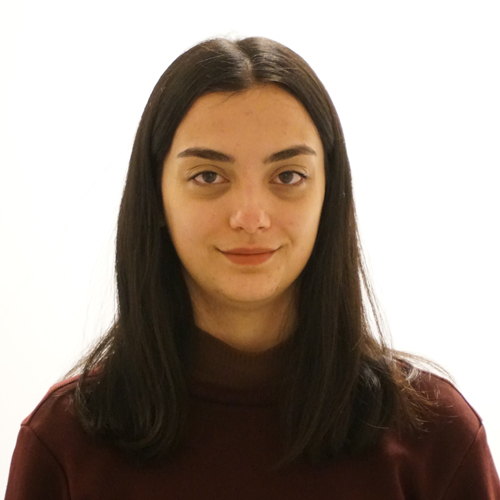
Bensu Yağmur ARSLAN
MSc Student
bensu.arslan@ibg.edu.tr
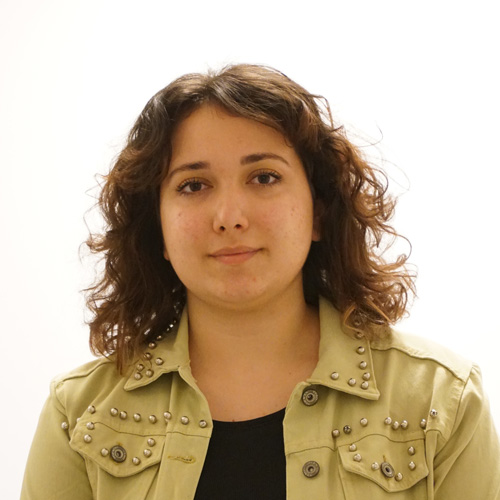
Cemile Nur AGACA
MSc Student
cemile.agaca@ibg.edu.tr
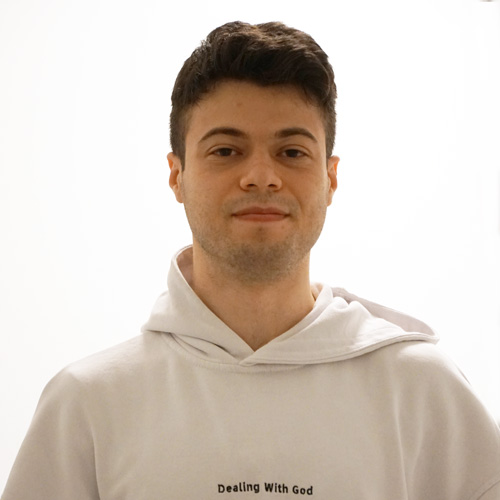
Fikri Mert ALTINAY
MSc Student
mert.altinay@ibg.edu.tr

Cemile Nur AGACA
MSc Student
cemile.agaca@ibg.edu.tr

Melis KANIK
Visiting Researcher
melis.kanik@ibg.edu.tr
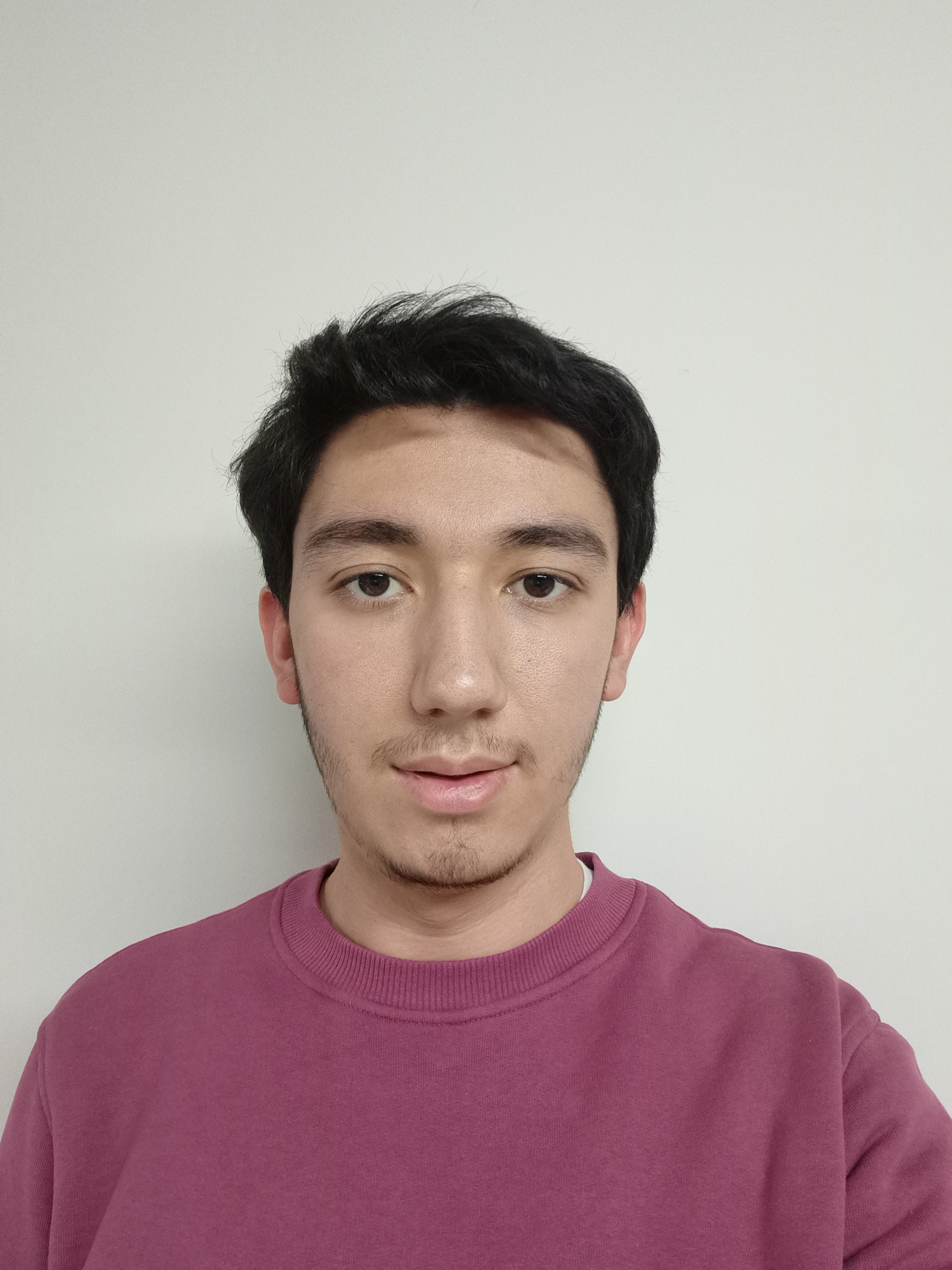
Hasan PINAR
Undergraduate Student
hasan.pinar@ibg.edu.tr
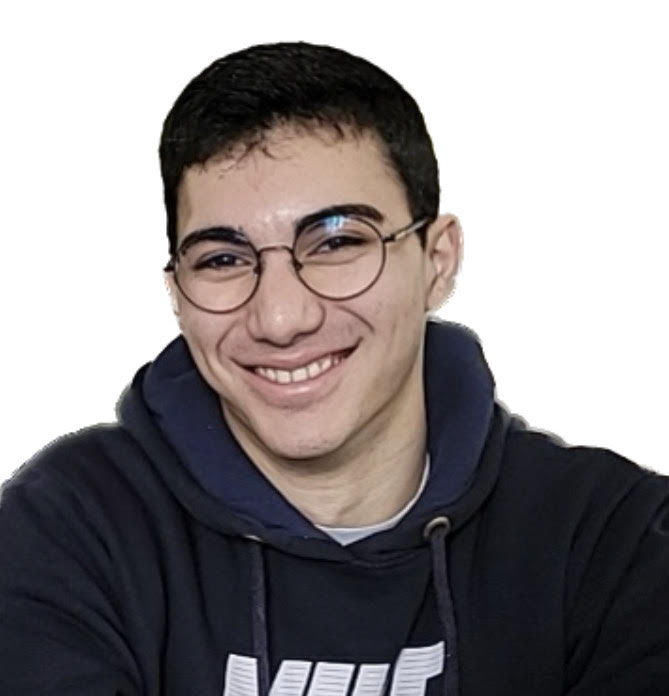
Ali Can KURTUL
Undergraduate Student
alican.kurtul@ibg.edu.tr
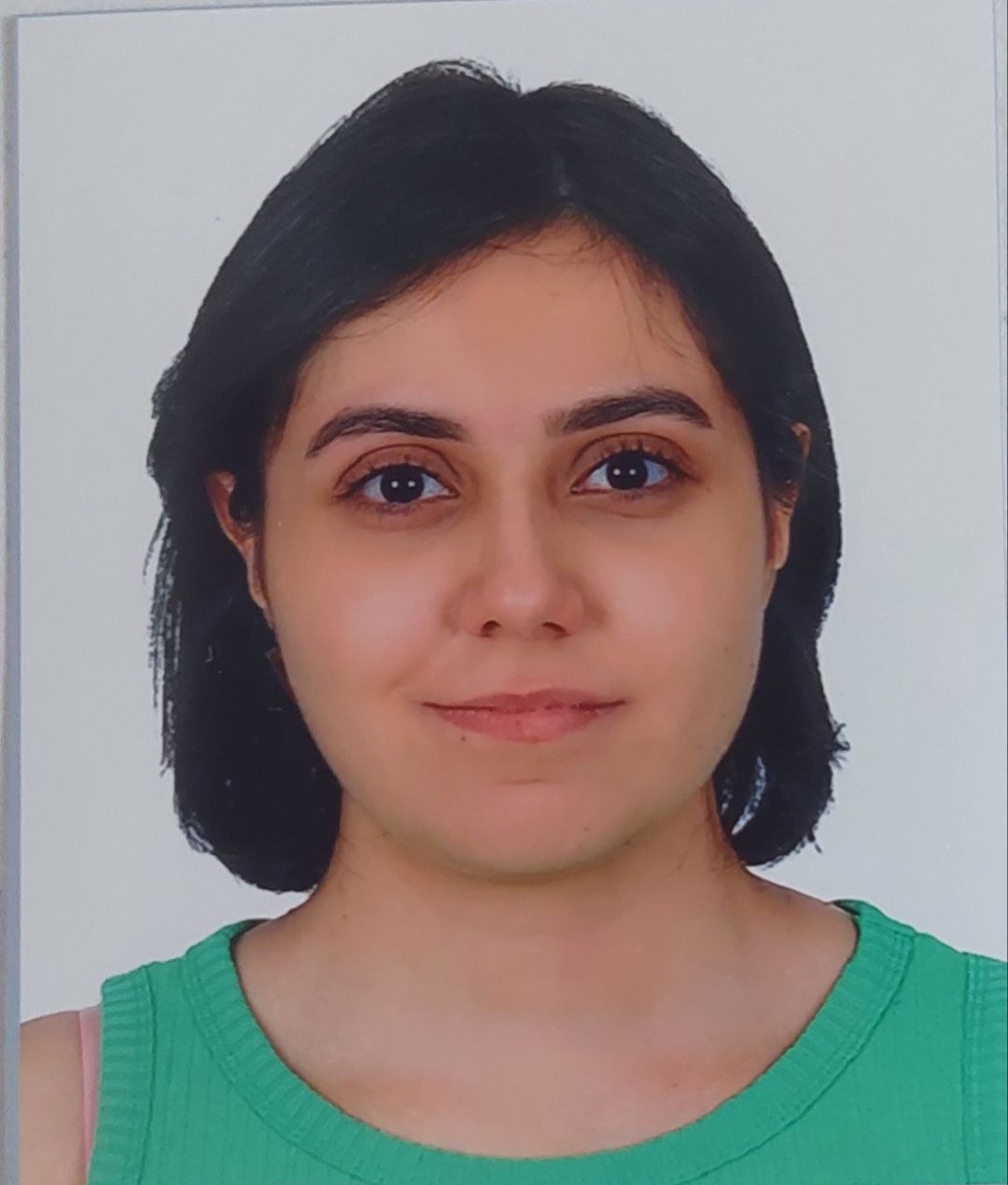
Şirin Sıla ÜNAL
Undergraduate Student
sila.unal@ibg.edu.tr
Selected Publications
Karabicici M, Alptekin S, Fırtına Karagonlar Z, Erdal E. Doxorubicin-induced senescence promotes stemness and tumorigenicity in EpCAM-/CD133- non-stem cell population in hepatocellular carcinoma cell line, HuH-7.. Molecular oncology. 2021 February . doi:10.1002/1878-0261.12916. Download
Azbazdar Y, Karabicici M, Erdal E, Ozhan G. Regulation of Wnt Signaling Pathways at the Plasma Membrane and Their Misregulation in Cancer.. Frontiers in cell and developmental biology. 2021 January ; 9 : 631623. doi:10.3389/fcell.2021.631623. Download
Akbari S, Kunter İ, Azbazdar Y, Ozhan G, Atabey N, Karagonlar ZF, Erdal E. LGR5/R-Spo1/Wnt3a axis promotes stemness and aggressive phenotype in hepatoblast-like hepatocellular carcinoma cell lines.. Cellular signalling. 2021 June : 109972. doi:10.1016/j.cellsig.2021.109972. Download
Karabicici M, Azbazdar Y, Ozhan G, Senturk S, Firtina Karagonlar Z, Erdal E. Changes in Wnt and TGF-β Signaling Mediate the Development of Regorafenib Resistance in Hepatocellular Carcinoma Cell Line HuH7.. Frontiers in cell and developmental biology. 2021 August ; 9 : 639779. doi:10.3389/fcell.2021.639779. Download
Kuruş M, Akbari S, Eskier D, Bursalı A, Ergin K, Erdal E, Karakülah G. Transcriptome Dynamics of Human Neuronal Differentiation From iPSC.. Frontiers in cell and developmental biology. 2021 December ; 9 : 727747. doi:10.3389/fcell.2021.727747. Download
Ayvaz I, Sunay D, Sariyar E, Erdal E, Karagonlar ZF. Three-Dimensional Cell Culture Models of Hepatocellular Carcinoma - a Review.. Journal of gastrointestinal cancer. 2021 December . doi:10.1007/s12029-021-00772-1. Download
Karagonlar ZF, Akbari S, Karabicici M, Sahin E, Avci ST, Ersoy N, Ates KE, Balli T, Karacicek B, Kaplan KN, Celiker C, Atabey N, Erdal E. A Novel Function for KLF4 in Modulating the De-differentiation of EpCAM -/CD133 - nonStem Cells Into EpCAM +/CD133 + Liver Cancer Stem Cells in HCC Cell Line HuH7. Cells. 2020 May ; 9 (5) : 1198. doi:10.3390/cells9051198. Download
Soheil Akbari, Gulben Gurhan Sevinc, Nevin Ersoy, Onur Başak, Kübra Kaplan, Kenan Sevinç, Erkin Özel, Berke Sengun, Eray Enustun, Burcu Özçimen,......... Robust, long-term culture of endoderm derived hepatic organoids (eHEPOs) for disease modeling. Stem Cell Reports. 2019 September . doi:10.1016/j.stemcr.2019.08.007. Download
Soheil Akbari, Nur Arslan, Şerif Şentürk, Esra Erdal. Next-Generation Liver Medicine Using Organoid Models. Frontiers in Cell and Developmental Biology-Stem Cell Research. 2019 December ; 7 : 345. doi:10.3389/fcell.2019.00345. Download
Yavuz Tokgöz, Cahit Barış Erdur, Soheil Akbari, Tuncay Kume, Oya Sayin, Semiha Terlemez, Esra Erdal, Nur Arslan. Adipokine levels and perilipin gene polymorphisms in obese Turkish adolescents with non- alcoholic fatty liver disease . Erciyes Med J. 2018 ; 43618 . doi:10.5152/etd.20 18.0010. Download
Büyüköz M, Erdal E, Alsoy Altinkaya S. Nanofibrous gelatine scaffolds integrated with nerve growth factor-loaded alginate microspheres for brain tissue engineering. J Tissue Eng Regen Med. 2018 February ; 12 (2) : e707-e719. doi:10.1002/term.2353. Download
Tokgöz Y, Işık IA, Akbari S, Kume T, Sayın O, Erdal E, Arslan N. Perilipin polymorphisms are risk factors for the development of obesity in adolescents? A case-control study. Lipids in health and disease. 2017 March ; 16 (1) : 52. doi:10.1186/s12944-017-0440-7. Download
Firtina Karagonlar Z, Koç D, Şahin E, Avci ST, Yilmaz M, Atabey N, Erdal E. Effect of adipocyte-secreted factors on EpCAM+/CD133+ hepatic stem cell population.. Biochemical and biophysical research communications. 2016 January ; 474 (3) : 482-490. doi:10.1016/j.bbrc.2016.04.137. Download
Firtina Karagonlar Z, Koc D, Iscan E, Erdal E, Atabey N. Elevated hepatocyte growth factor expression as an autocrine c-Met activation mechanism in acquired resistance to sorafenib in hepatocellular carcinoma cells.. Cancer science. 2016 January ; 107 (4) : 407-16. doi:10.1111/cas.12891. Download
Kunter I, Erdal E, Nart D, Yilmaz F, Karademir S, Sagol O, Atabey N. Active form of AKT controls cell proliferation and response to apoptosis in hepatocellular carcinoma.. Oncology reports. 2014 January ; 31 (2) : 573-80. doi:10.3892/or.2013.2932. Download
Total : 15
Selected Book Chapters
Molecular Mechanisms of Hepatocellular Carcinoma (2016). Hepatocellular Carcinoma: Diagnosis and Treatment, 3rd Edition. Springer.
Total : 1
Projects
The Scientific and Technological Research Council of Turkey - TUBITAK - RD : In Vitro Üç Boyutlu Serebral Organoid Kültür Temelli Çip-Üstü-Rett Sendromu Modelinin Geliştirilmesi, Ongoing
The Scientific and Technological Research Council of Turkey - TUBITAK - RD : Sitrüllinemi'Ye Özel 3 Boyutlu Organoid Modelinde İlaç Keşfi, Rejected
The Scientific and Technological Research Council of Turkey - TUBITAK - RD : Sitrulinemi Hastalığında Insan Karaciğer Kimerik Fare Modelinin Oluşturulması, Ongoing
The Scientific and Technological Research Council of Turkey - TUBITAK - RD : UYARILMIŞ PLURİPOTENT KÖK HÜCRE (UPKH) VE UPKH TÜREVLİ 3D HEPATİK ORGANOİDLERİN(uHepO) KLİNİK ÖNCESİ ÜRETİM TEKNOLOJİLERİNİN VALİDASYONU VE GELİŞTİRİLMESİ, Rejected
Awards
- Dr. Nejat F. Eczacıbaşı Research Award by Eczacıbaşı, 2013
Contact

Erdal Lab. on Stem Cell and Organoid Technologies
Research Group Leader
Esra ERDAL
esra.erdal@ibg.edu.tr
+90 232 299 41 00
(5031)
+9
0 232 299 41 53
